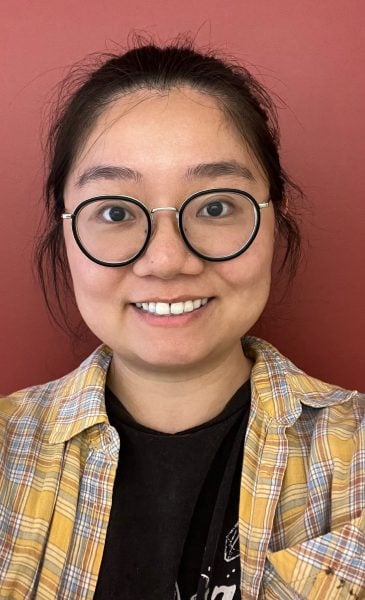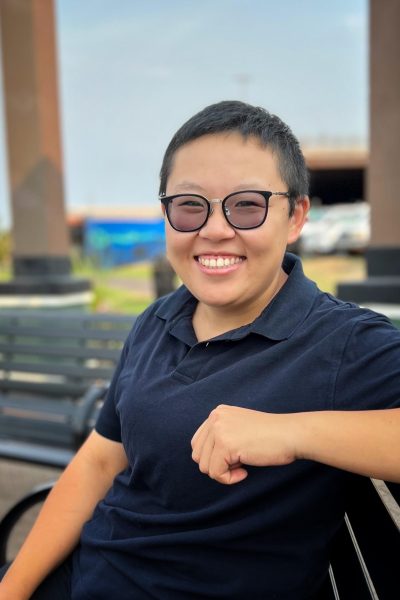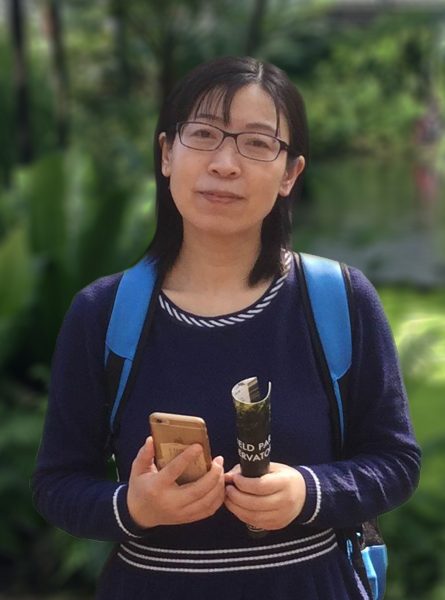
After receiving my Bachelor’s degree in English from the University of Wisconsin-Madison, I came to Michigan Tech in Fall 2020 to join the Rhetoric, Theory, and Culture PhD program. I am now about to start as an Assistant Professor of English at the University of Wisconsin-Whitewater, where I am excited to continue teaching writing courses.
My dissertation, “Distributing Composition: Rhetorical Agency in First-Year Writing,” centered on engaging students in lessons related to rhetorical agency in my composition class. These lessons helped students understand that agency in a writing situation is shared among many interconnected actors, meaning is constructed in collaboration with readers, writers must consider how material forces and their own embodiment contribute to writing, and that there is instability and unpredictability in communication. My work tracked how students in my class conceptualized rhetorical agency and how their conceptions changed throughout the semester, and I offered possibilities for how students might translate their understanding of rhetorical agency into writing process knowledge.
I am very grateful to be nominated for the 2025 CGS/ProQuest Distinguished Dissertation Award. I want to once again extend my thanks to my advisor, Oren Abeles, and committee members Holly Hassel and Jennifer Nish—without them, this work would not have been possible. I also want to thank all of the other wonderful folks in the Humanities Department who supported me throughout graduate school.




